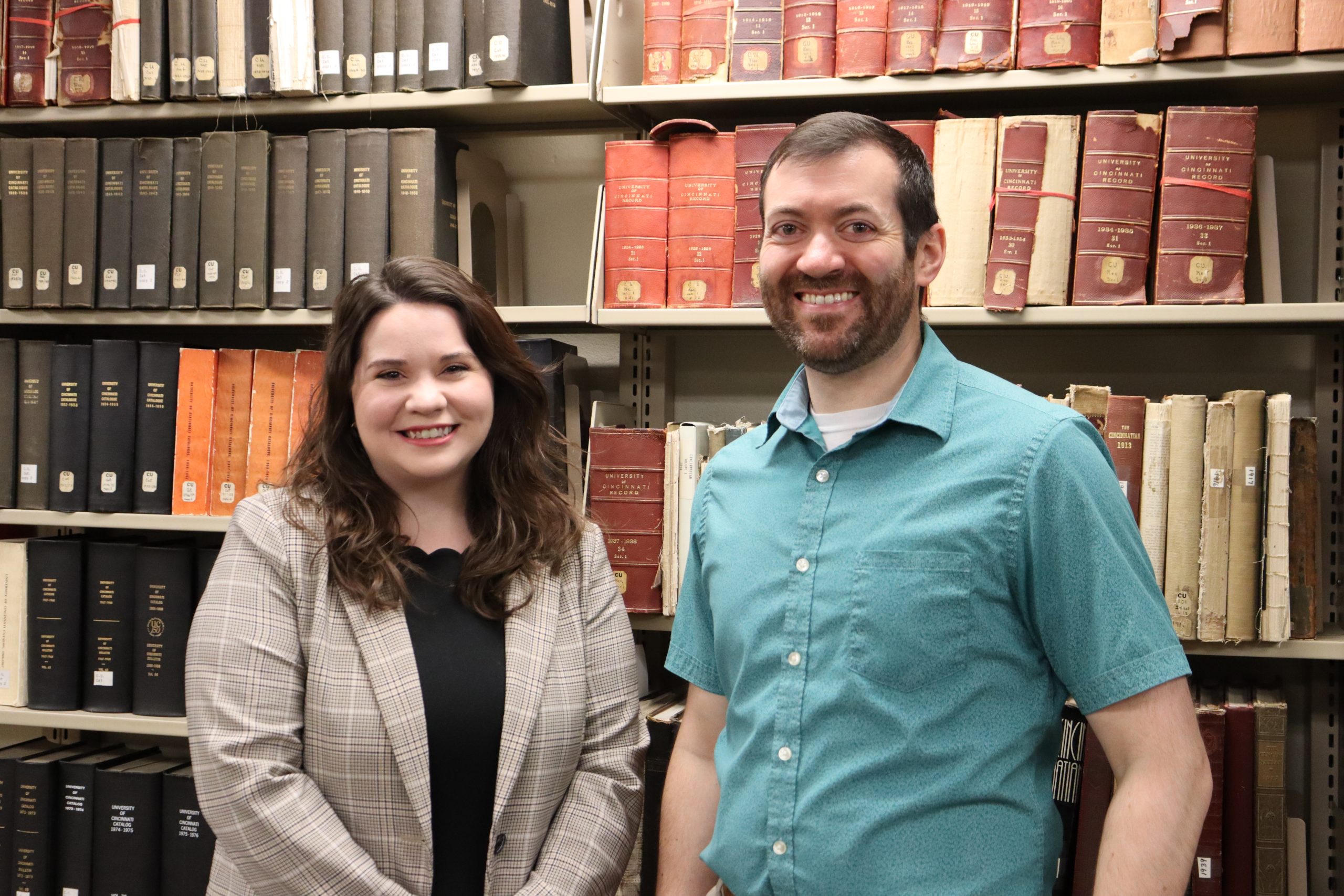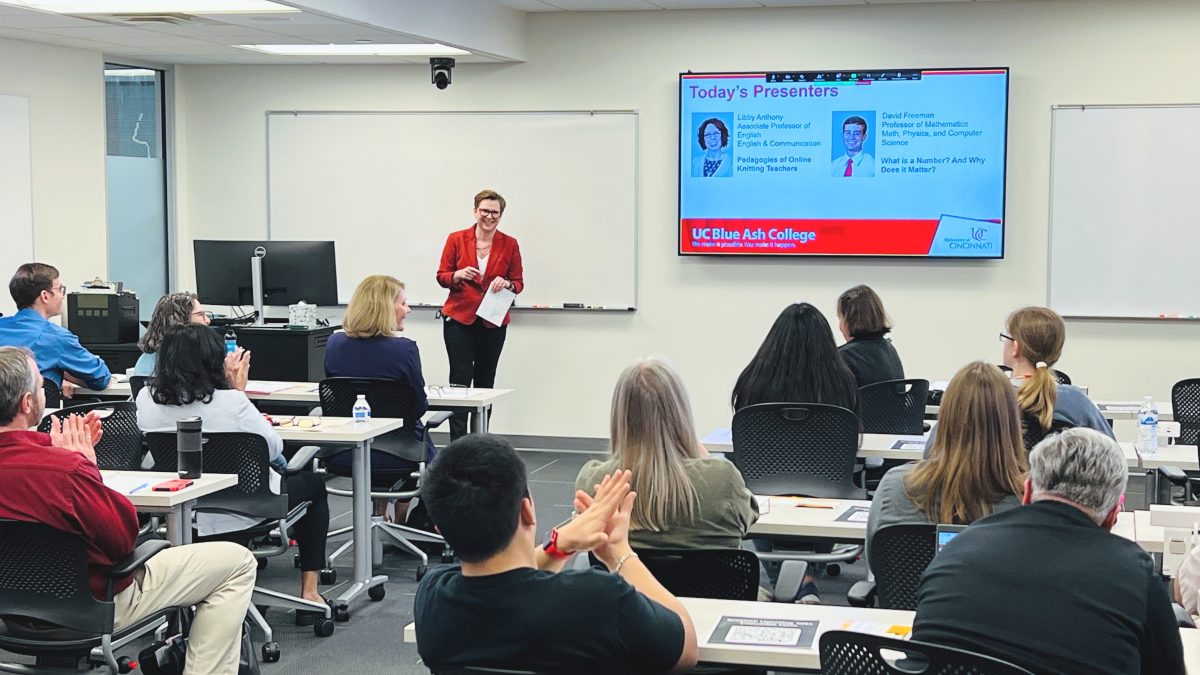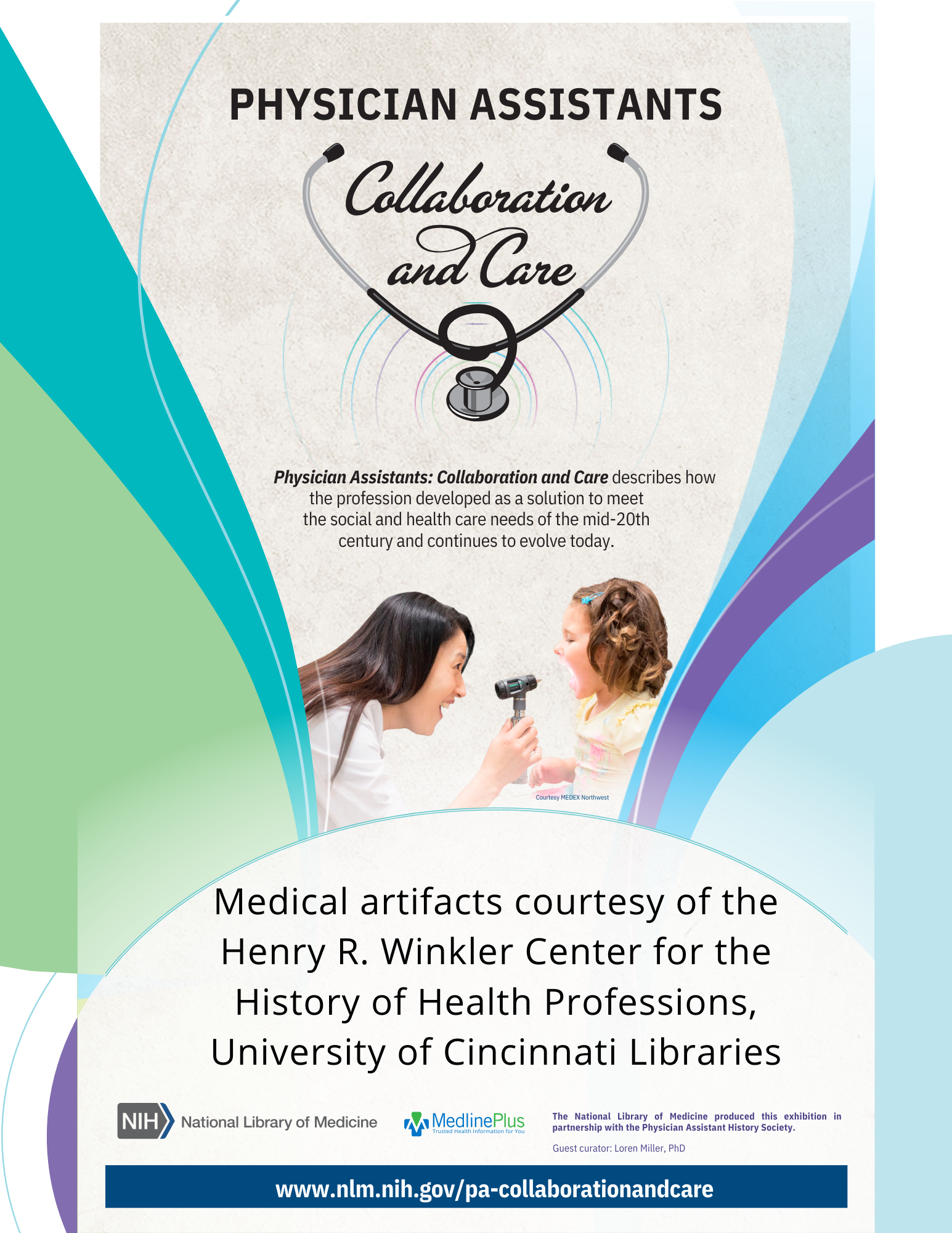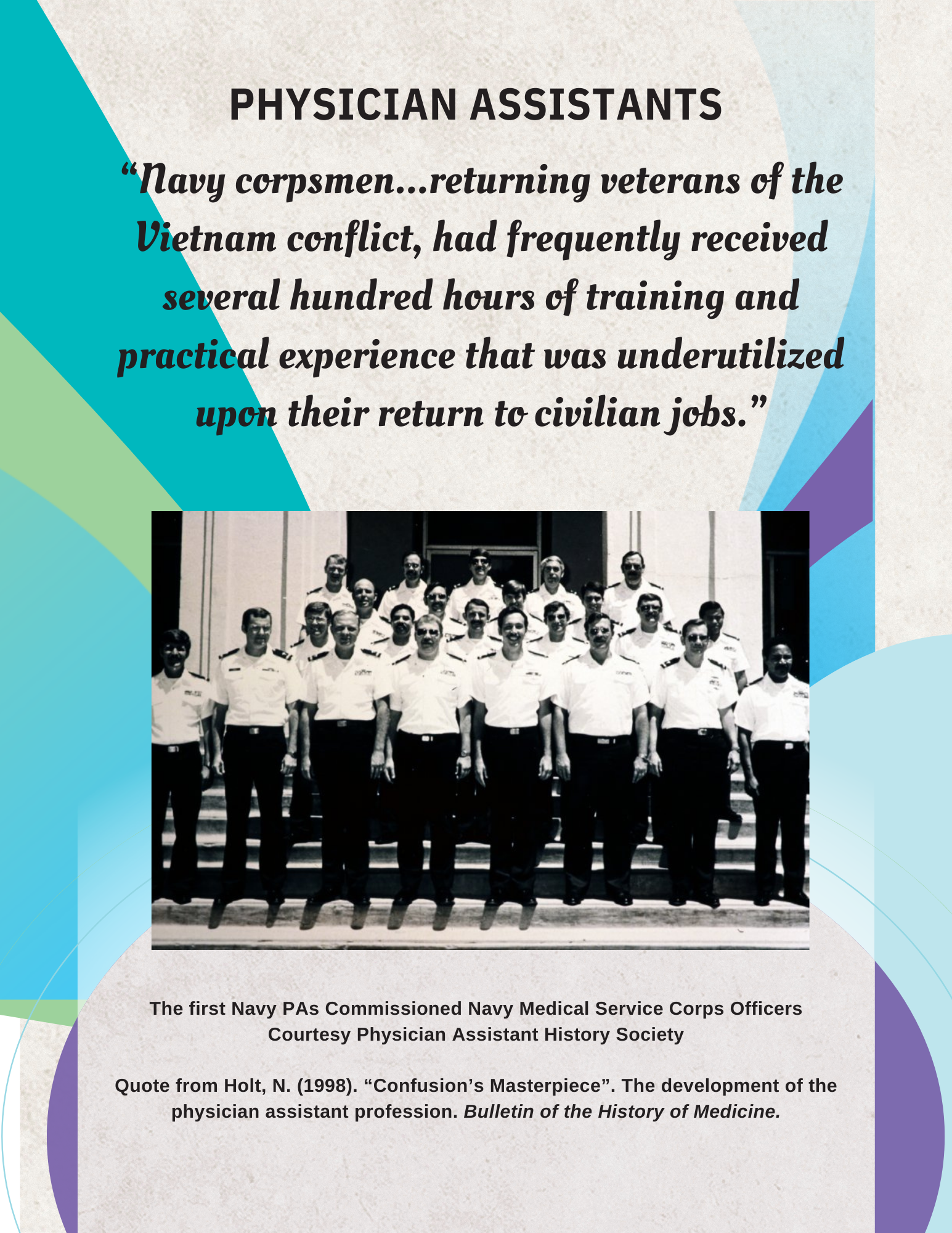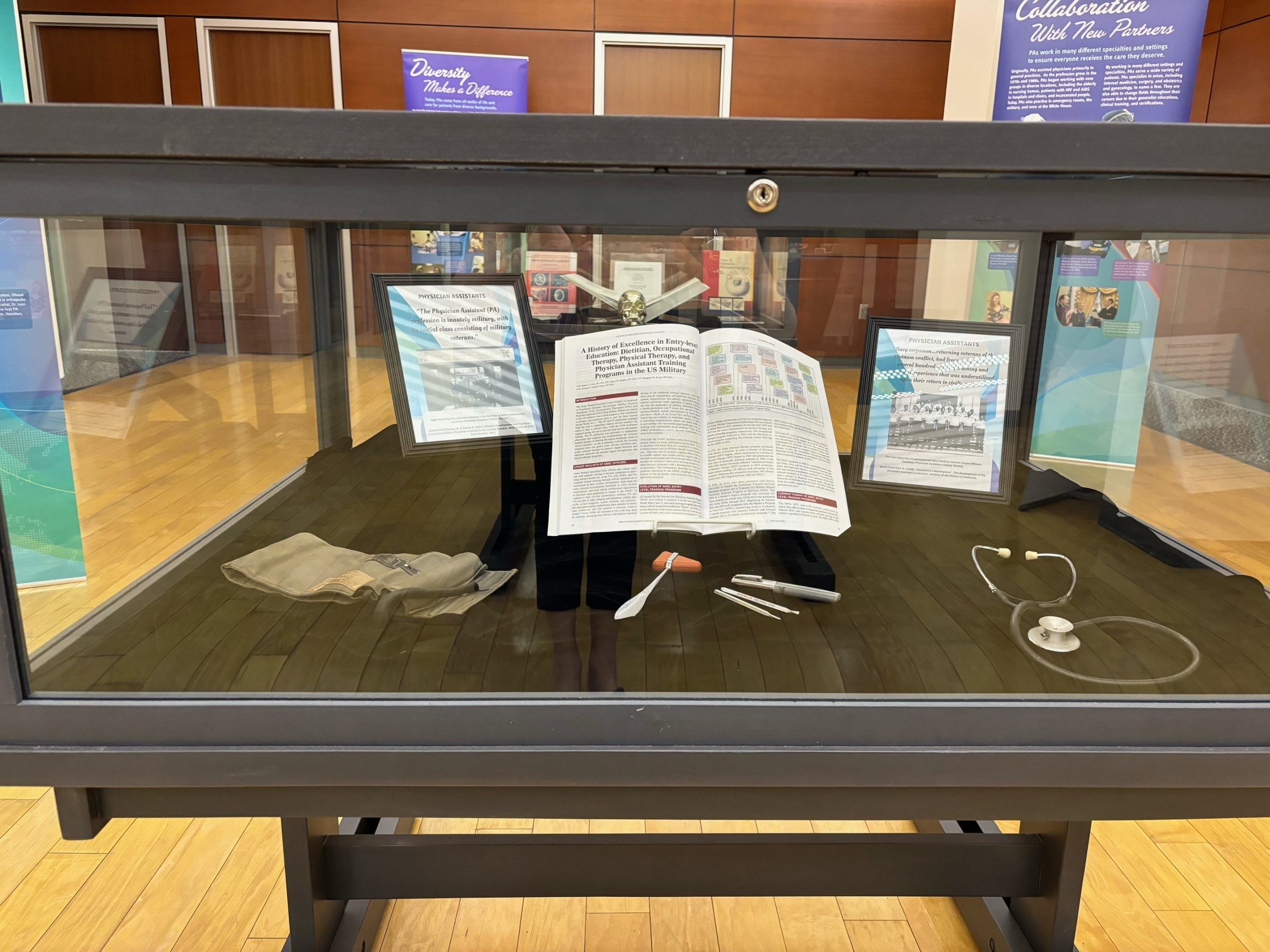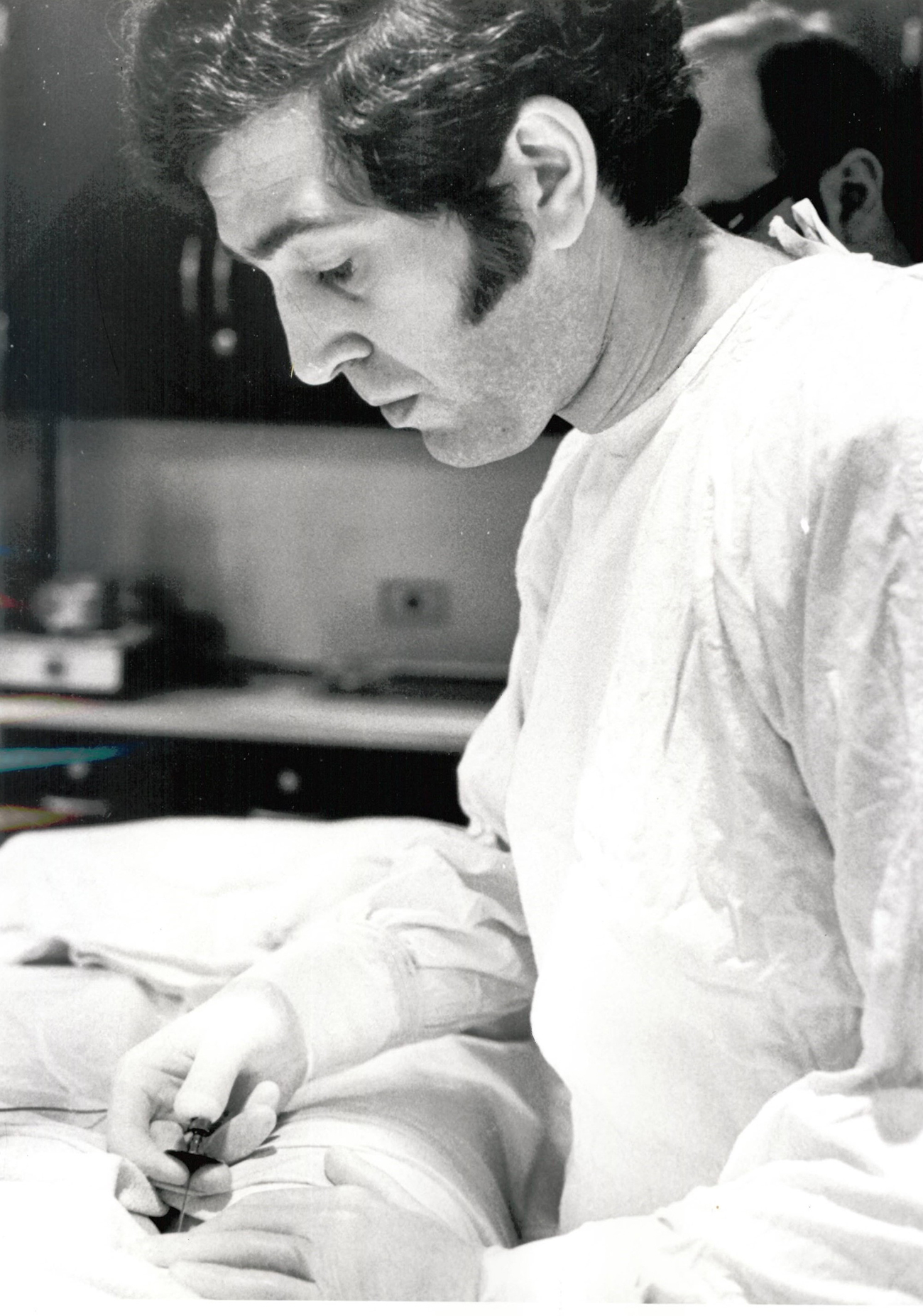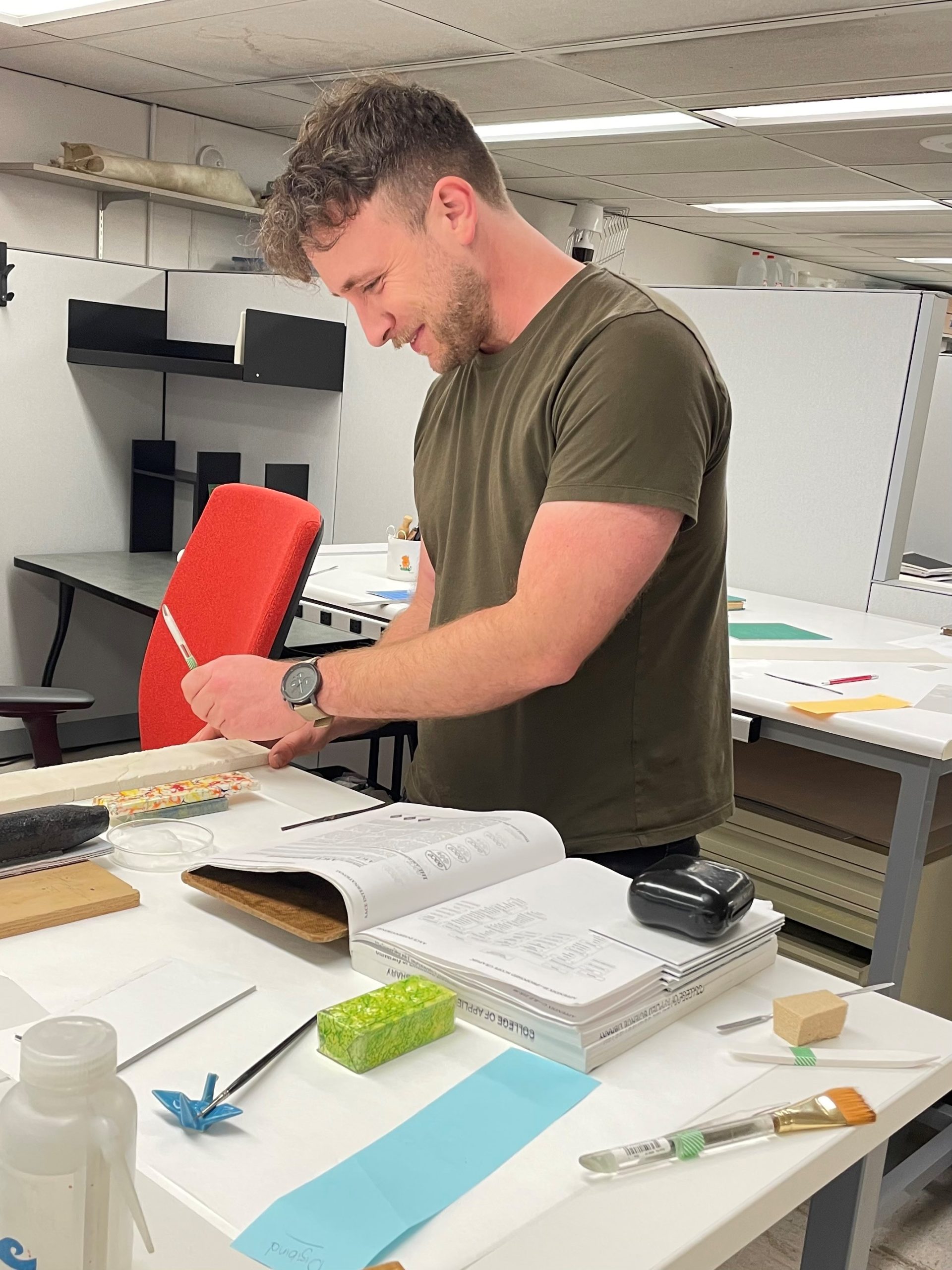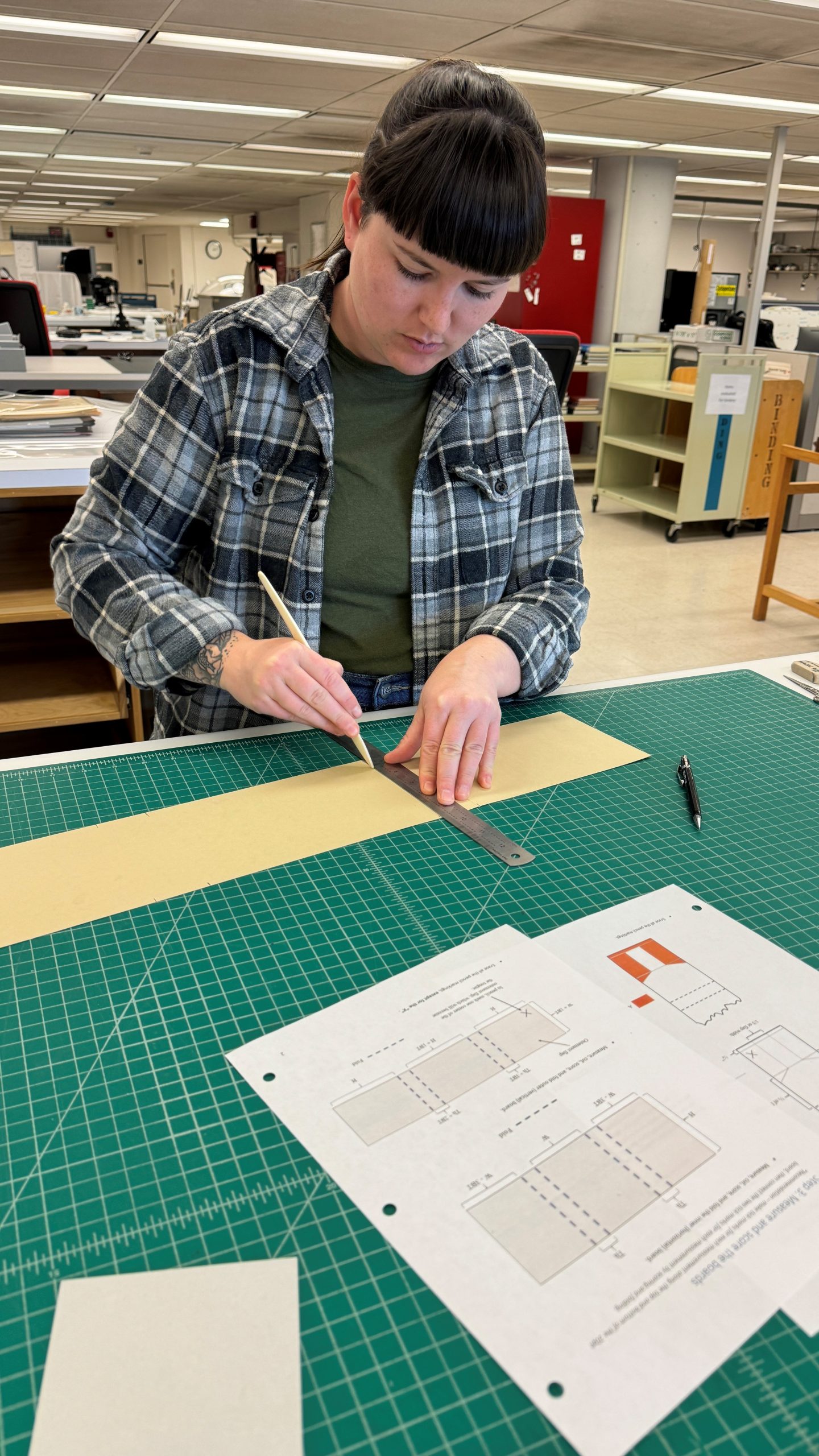U.C. Libraries announces R.E.S.P.E.C.T.’s annual 21-Day Anti-Racism Challenge — a three-week long, self-guided learning exercise that focuses on different aspects of systemic racism, and how we can all fight against it. All are welcome to join the challenge as they are able, as each week has multiple resources in various media formats.
This year’s challenge, which begins June 3rd, includes a focus on contemporary issues such as structural racism in health care, white privilege and “not-racist” vs. “anti-racist.” The 21-Day Anti-Racism Challenge includes a variety of resources to read, watch and listen to, along with suggested ways participants can take action in the hope to build a stronger, more diverse and inclusive University of Cincinnati community.
Overview
This year’s 21-Day Anti-Racism Challenge is available online via a LibGuide and is comprised of three weeks’ worth of learning resources, with a different topic assigned to each week.
- Week 1 (June 3rd – June 7th): White Privilege as a Legacy of Racism
- Week 2 (June 10 – June 14): Structural Racism in Physical and Mental Health Care
- Week 3 (June 16 – 21): “Not Racist” vs. “Anti-Racist” Ideologies
Register to participate
Participants are encouraged to engage with each week’s learning resources as they are able. It is not required to read, watch or listen to all resources if time does not permit.
At the end of week three, Thursday, June 20 from 10:30a.m. – 11:30a.m., R.E.S.P.E.C.T. will host a Zoom meeting to discuss the challenge, what was learned and how participants can take further action.
R.E.S.P.E.C.T. (Racial Equity Support & Programming to Educate the Community Team) is a UC Libraries committee charged with developing external programming that explicitly addresses the negative role that systemic racism plays in our society.

